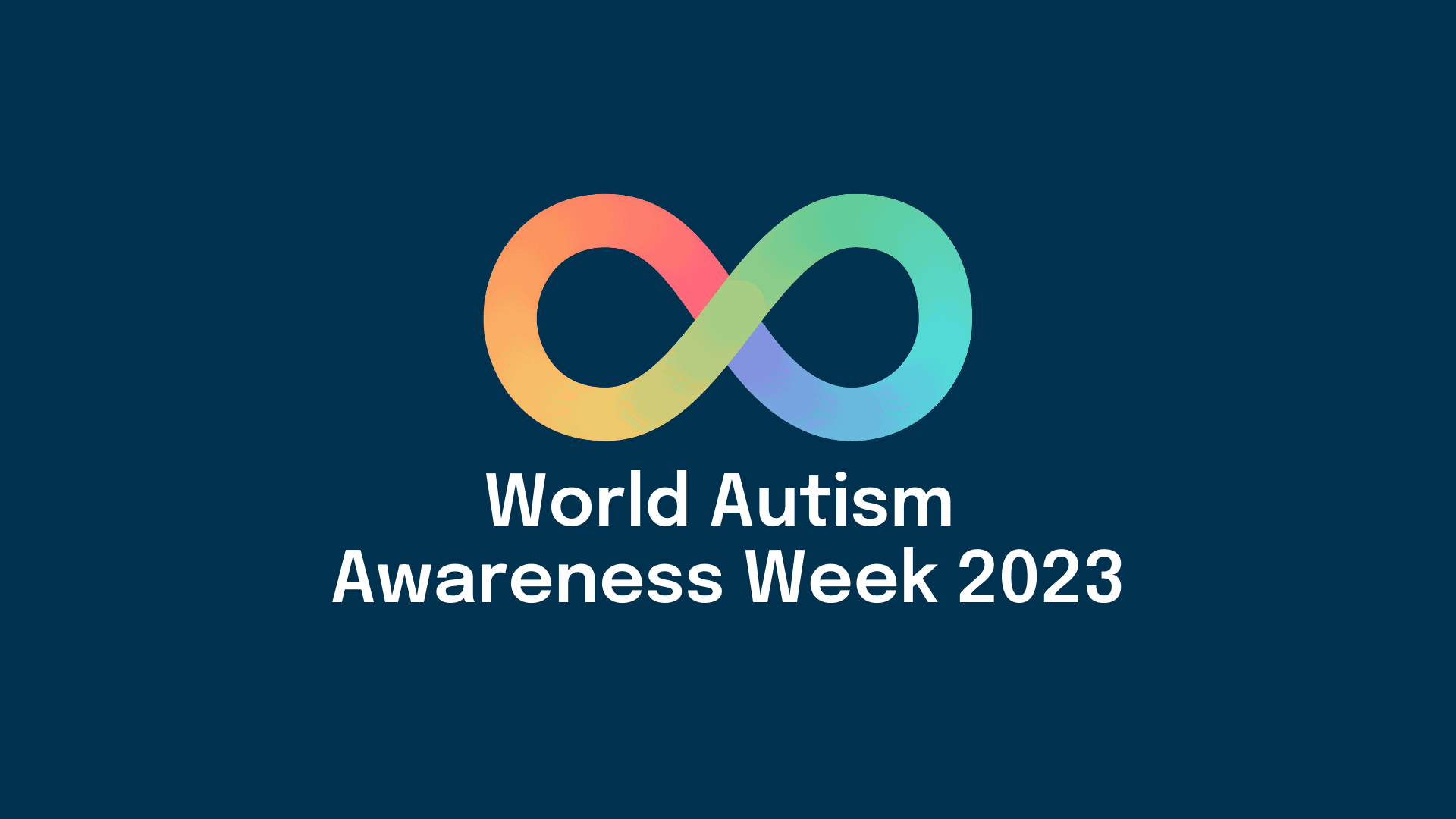Creative writer praises Chichester on securing major two-book deal
POSTGRADUATE Graham Minett has sung the praises of the University of Chichester after securing a major two-book deal for a novel he began while studying on its MA programme in Creative Writing.
Graham’s debut novel, The Hidden Legacy, is to be published as an e-book on Thursday 5 November, with a paperback version to be launched at the University in spring next year. Book two will follow in both formats simultaneously in late 2016.
Set in 2008, it tells the story of a hard-pressed mother who receives an unexpected windfall in the will of a wealthy old woman – although she has never heard of her. Puzzled, she travels to the West Country to unravel the mystery, only to discover that she is not the only person sniffing around: there are secrets in her past which she could never have imagined, one of them involving a horrifying crime at a secondary school 40 years earlier.
The book came to fruition after Graham received a life-changing email from his agent, which began with the words: “I trust you will be sitting down when you read this.” He learned that the publishers Twenty7 were offering him a much-coveted two-book deal.
Graham said: “And on Friday 13th too, you couldn’t make it up. But I’d had plenty of time to prepare myself, years of hurling myself against doors that creaked and groaned but somehow refused to open.
“Yet, once the initial mad celebrations and frantic phone calls to friends and family were out of the way and I had time to sit down and reflect, I was surprised to realise that exhilaration was sharing top billing with a huge sense of relief. One of the hardest things about being an unpublished author, at least in my experience, is convincing yourself that you are a writer.
“I’d been trotting out the same old answer for years whenever anyone asked what I did for a living: teacher, timetabler, data analyst. If writing ever got a mention it was way down the list, usually once the conversation turned to hobbies. The realisation that I’d no longer need to equivocate over such things brought with it a warm glow that has continued ever since.
“Yes, it’s exciting to have broken through. Yes, it’s nice to be talking with publishers about editing and publicity and book covers and blurbs and shout-lines instead of emailing to check whether my manuscript has made it off the slush pile.
“It’s wonderful to have entered this new world where I have so much to learn. But more than anything else, it’s just so damned liberating to be able to say ‘I’m a writer’ and not squirm inside!”
Graham credits the break-through to his decision to study on the MA in Creative Writing at Chichester.
He added: “The book deal didn’t arrive by opening an email from my agent. That was the final stage of a planned route which I followed faithfully. I studied for a part-time MA in Creative Writing at the University of Chichester, where I discovered that I wasn’t even close to the finished article I’d always assumed I was.
“They found tactful ways to let me know this and instilled in me the discipline that was lacking in my writing, along with a sense of responsibility towards others on the course, whom I desperately did not want to let down. Just as crucial, however, were the workshop sessions in which anything I produced was treated with respect and polished to within an inch of its life.
“This meant that when I finally completed the MA I was able to use stories I’d written for the course in competitions, thus enabling me to put together a CV that might persuade a busy agent to break off from her/his frantic schedule and take a look at my opening chapter.
“I may not have bought into the cliché of papering my walls with rejection slips but I did study every letter carefully in an attempt to identify criticisms (positive as well as negative) that were common to most.
“Once I started getting longlisted, then shortlisted and finally winning competitions, I knew I was ready to research agents who specialised in what I wanted to write. And once I found the right agent.
“I remember so many panels I listened to, so many talks by authors, publishers, agents, and whenever they were asked by aspiring writers for advice on how to get published, there was always someone who suggested that the answer was to keep going, to accept rejections as a necessary evil and take the positives out of them.
“If you want it badly enough, the message seemed to be, you’ll get there eventually. And I found myself wanting to scream, because all I inferred from this was if you don’t get there, it’s because you don’t want it enough. And I wanted it so badly – I really did.
“But they were right. I was a long way short of doing everything I could to make the breakthrough, and it wasn’t until I acknowledged this and gave my writing the level of priority it required that things started to move. It worked for me, but it’s certainly not a one-size-fits-all scenario and I wouldn’t dream of suggesting everyone should do the same.
“All aspiring writers need to find their own way which suits them as individuals. I always swore that if I ever made the breakthrough I would never patronise others who may be only days away from following me. All I would say is that at 5:30pm on Friday, February 13th, I was a person who writes. At 5.35 I was an author.
“But it’s amazing how much needs to go into those five minutes to turn you into an overnight success. And if I could urge any writer to take one thing from my own experience, it would be this. If you enjoy writing, whether it’s for your own amusement or to entertain or impress others, you are a writer.
“If you dabble in the occasional short story or are deep into planning a 100,000 word novel, in those moments when you shut yourself away with pen in hand or laptop at the ready – you are a writer. Say it – I’m a writer. You need to tell yourself that as often as you can because it’s what makes the difference. If you don’t believe it, why should anyone else?”
Graham graduated from the two-year MA in Creative Writing in 2008, and won the inaugural Segora Prize with a short story which had been workshopped as part of the course.
The following year another short story was long-listed for the Bridport Prize, and in 2010 the opening chapter of ‘Hidden Legacy’ won the £500 first prize in the prestigious Chapter One contest, along with the chance to work online alongside an editor to finish the novel.
Graham wrote the opening chapter as part of his dissertation project with English Department tutor Alison MacLeod, gaining a Distinction.
He said: “The idea came from a couple of news items, which I’d tucked away somewhere and planned to develop into two short stories.
It was only later that I realised there was the potential to combine the two and make it into a novel.The opening chapter, which needed to be eye-catching, was originally submitted for an MA module. A later chapter owes a great deal to the professionalism and patience of Alison, and in particular her eye for detail.”
Graham is originally from Cheltenham in Gloucestershire, but moved to West Sussex in August, 1975, to work as Head of Languages at Felpham Community College.
In January, 1992, he moved to the Angmering School as Head of Sixth Form, and still works there as the school timetable and data analyst. He lives in Pagham with his wife Elaine, and has already completed Book Two, which will be called The Goose Drank Wine. It is set entirely in the Bognor and Chichester area.
Hidden Legacy can be purchased as an e-book here.





